|
Welcome everyone to this week’s episode of Better Know a Jewish Holiday: Passover! The fightin’ feast of freedom! Passover (in hebrew: Pesach, PAY-sakh) is my personal favorite Jewish Holiday, primarily because it involves drinking, singing, philosophical discussion, and a great story. Passover, which starts tonight (Friday), celebrates the Exodus of the Jews from 400 years of slavery in Egypt. In part one of our two-part series, we will tell this story. In part two—coming later this week—we will delve into the traditions associated with the holiday. Admittedly, you could skip part one and watch The Ten Commandments, but it's 4.5 hours long. So, where do we begin? (Another Sound of Music gif was very tempting here). First let’s figure out why the Jews were in Egypt in the first place. The story told in Jewish households worldwide begins with the words “Arami oved avi,” “my father was a wandering Aramean.” So who is my father? What is an Aramean? And why was he wandering? Turns out the “father” here is Jacob. There was a famine in Canaan/Israel way back in the day and after Joseph took his Technicolored dreamcoat down to Egypt, he brought all of the Israelites down so they could have plenty of food. Fast forward a few years, and there came a Pharaoh who knew not Joseph. Pharoah’s priests and advisors—real anti-immigrant types—told him the Jews (who had stayed in Egypt once the famine ended) might rebel or join with his enemies if they attacked. Pharaoh decided there was only one way to deal with this issue: Build a wall!! Just kidding, instead he enslaved the Jews and force them to do hard labor. The Jews had been slaves for 400 years when another Pharaoh’s advisors told him that a prophecy foretold of a leader who would deliver the Jews to freedom. This Pharaoh decreed that all Jewish male babies would be put to death. Two midwives, Shifra and Puah (POO-ah, best name in the Bible) did not listen to the decree and helped Jews give birth without alerting anyone. When Pharaoh asked them where all the Jewish boys were, they were all like: One of those Jewish women, Yocheved (yo-KHEH-ved), gave birth to a baby boy and wanted to keep him from the Egyptians. To ensure his safety, she him in a basket and set him afloat on the Nile River, as one does. The baby really hit the jackpot when he floated right on down to the Pharaoh’s palace, where the ruler's daughter was playing in the river. She found the basket and declared that the baby would be raised as her own son and a prince of Egypt! The boy was called Moses and he grew up with all the trappings of royalty. But one day he saw an Egyptian beating an Israelite and he realized maybe this whole slavery thing is a really bad idea. Because he was raised in a violent patriarchal society that emphasized confrontation over dialogue, Moses did not have the tools to handle his newfound feelings of empathy. So he killed the Egyptian and buried him in the sand. When Pharaoh heard what had happened he wanted to kill Moses, but the young Israelite was too quick and had already fled to Midian. While there he got married, herded sheep, and was living a good life on the lam(b) until one day he saw a burning bush! G-d spoke to Moses from the and told him to go back to Egypt, confront Pharaoh and free the Jews! Moses, who had a speech impediment and did not yet realize he was handi-capable was all like: Despite his initial reluctance, Moses eventually agreed to do as G-d/the Bush told him to once he showed him a few minor miracles. So Moses went back to Egypt, set up a meeting with the Pharaoh and laid out his demands: Pharaoh was unimpressed, and didn’t even budge when Moses showed off G-d’s power by transforming his staff into a serpent. Pharaoh refused to let the Jews leave Egypt, so G-d (via Moses) unleashed ten plagues on the Egyptians. The first nine were—in a very particular order: The Nile turning to Blood, Frogs, Lice, Wild Animals, Cattle Disease, Boils, Hail (and fire), Locusts and Darkness. The plagues really wrecked havoc on Egyptian society. There’s actually some really interesting and troubling philosophical issues here, because 1) this is serious collective punishment for Pharaoh’s intransigence and 2) after many of the plagues the Torah tells us that G-d “hardened Pharaoh’s heart,” making him unwilling to let the Israelites go free. One of the great things about Passover is that we discuss the story in depth and we try to wrestle with some of these quandaries. It’s a holiday that’s more about the questions than the answers. The last and most devastating plague was the Death of the Firstborn. In the middle of the night, G-d struck down the firstborn son of every Egyptian household. Jewish homes were passed over (GET IT?!?!?!) because they had lamb’s blood on their doorposts and lintels. Once this the final plague was complete, Pharaoh at last had enough and ordered the Jews to leave. They left really fast, not even giving their bread enough time to rise. It’s a good thing too, because Pharaoh was all like: And he forgot the cardinal rule: He chased after the Jews who were just reaching the Red Sea. When it seemed as though all was lost, G-d split the sea and the Jews were able to walk through on dry land. Pharaoh and his chariots were not so lucky. So there you have it, the story of Passover. The Jews wandered off into the desert where they'd be for 40 years. They had many fun adventures and hijinks including getting the 10 Commandments from G-d, the Golden Calf and that one time they ate so much quail everyone got super sick and they inspired a super hero. Chag Sameach!
1 Comment
Ariel Freed
4/17/2022 09:11:01 am
You should change your bio to say that you are now a rabbi. just saying
Reply
Leave a Reply. |
About the JewThe Jew is an Uber driving, Bar Mitzvah DJing, yoga teaching ex-journalist from Ann Arbor, Michigan who attends rabbi School in NYC. Archives
October 2018
Categories |
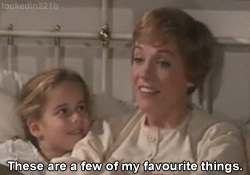





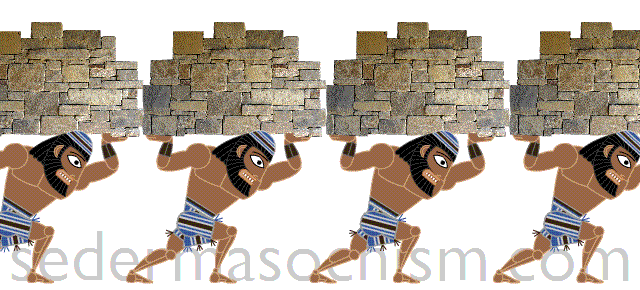


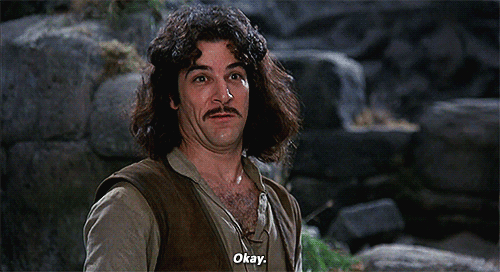


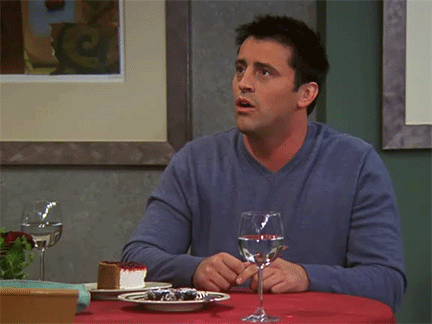

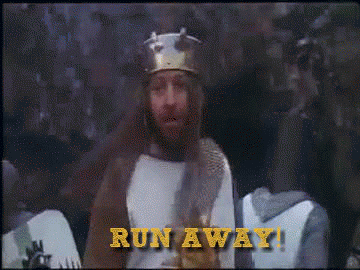



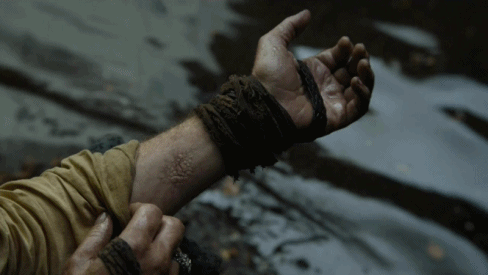

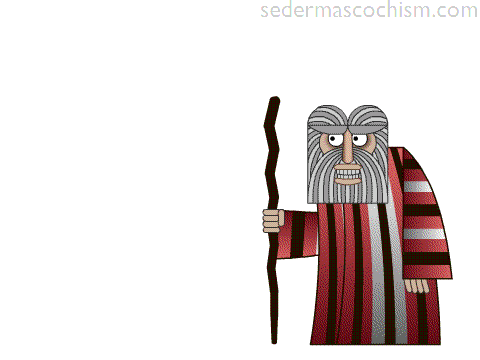
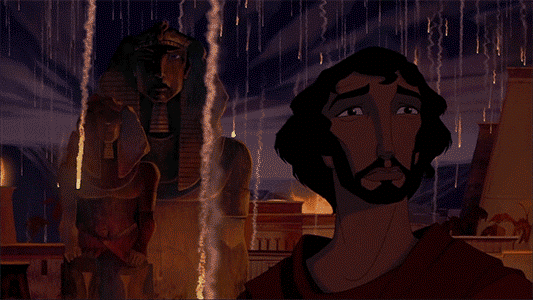





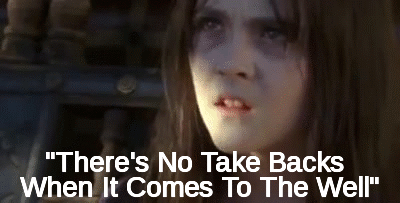
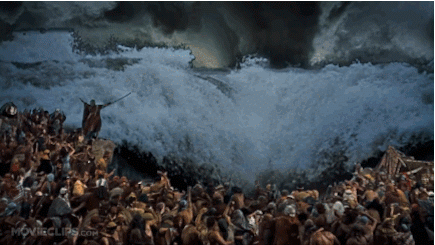
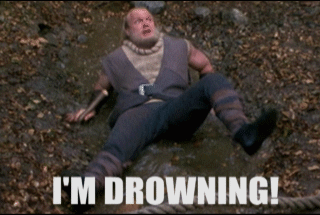

 RSS Feed
RSS Feed
